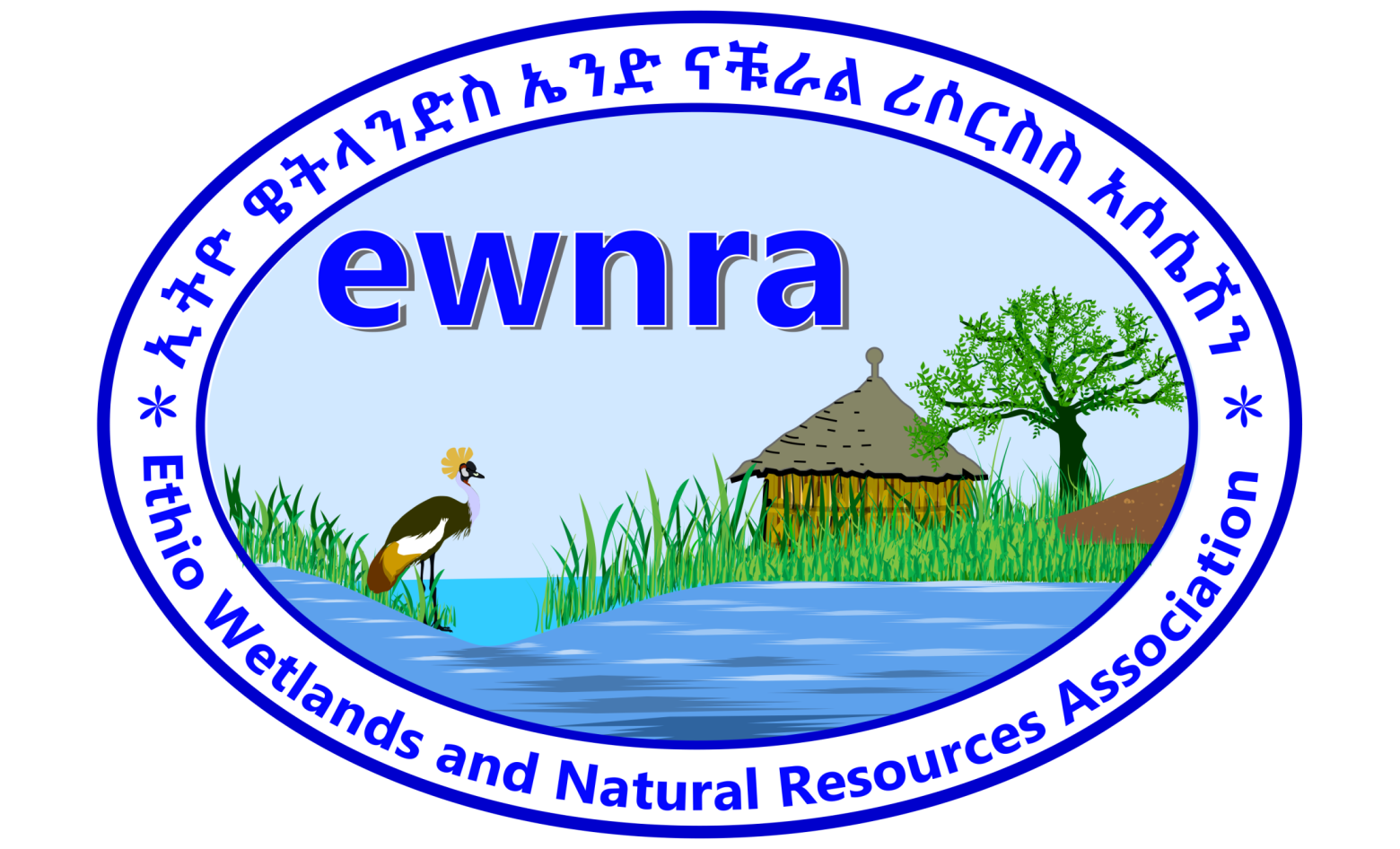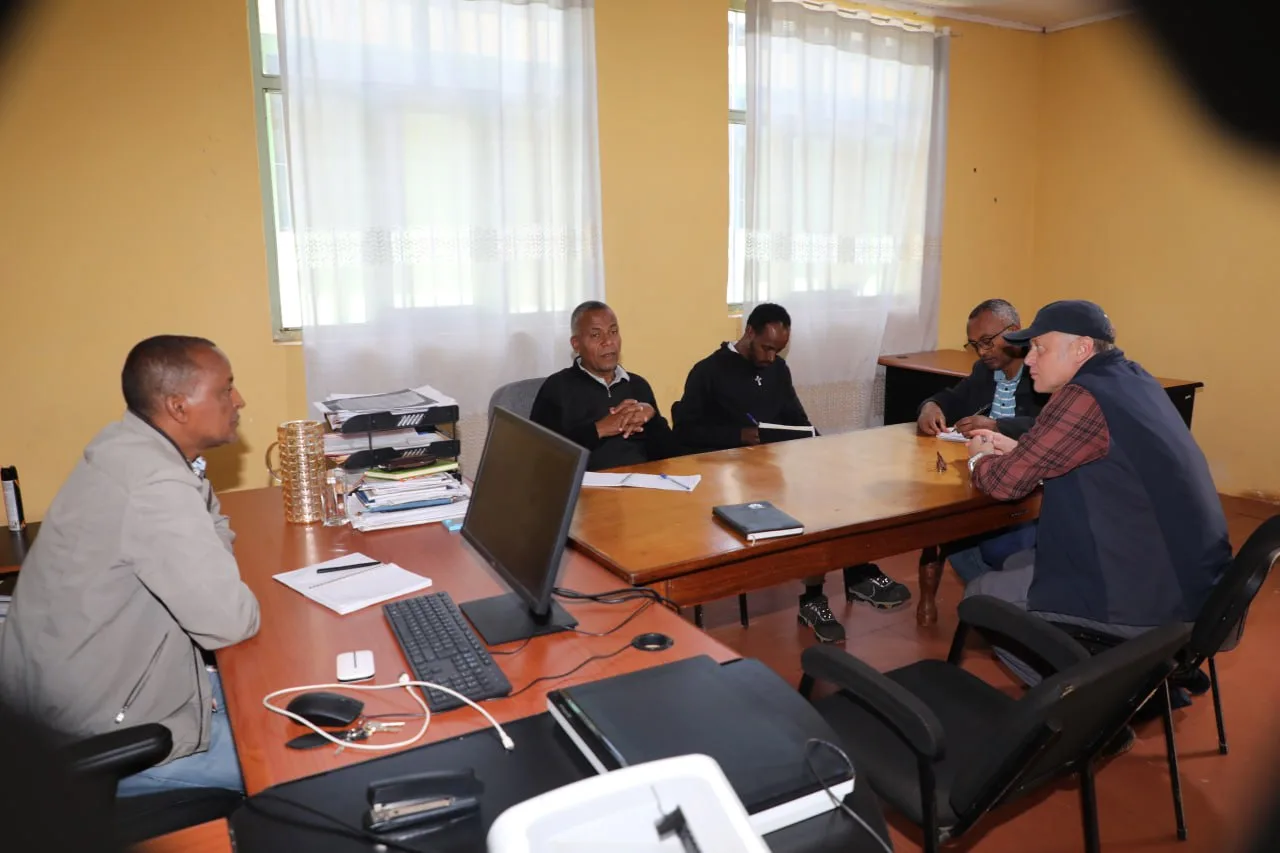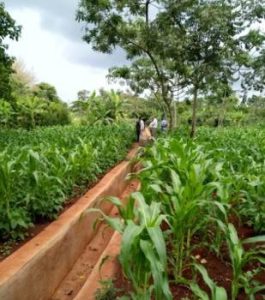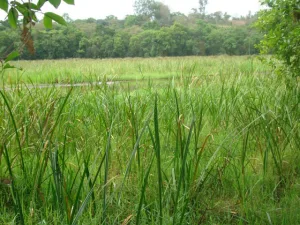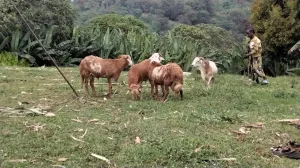The joint technical team has successfully completed a week-long field assessment across two woredas in Southwest Ethiopia, evaluating community readiness for Forest Stewardship Council (FSC) certification and the implementation of national forest stewardship standards. The team, which included experts from FoW and EWNRA conducted comprehensive field consultations and forest walks to gather first-hand insights into local forest management practices.
Upon concluding their field activities, the team convened for a final review meeting at the Southwest Coordination Office in Mettu. During this meeting, visiting members from the Forest of the World (FoW) shared key observations and feedback gathered from their fieldwork. One major issue raised was the complexity of legal challenges surrounding participatory forest management (PFM) in Oromia, which has posed significant difficulties for community engagement and compliance.
Additionally, the team highlighted the high expectations that local communities have regarding FSC certification. While the certification holds the promise of improved forest management and sustainability, the team emphasized that it alone cannot deliver tangible benefits unless it is effectively integrated with participatory forest management practices. This observation underlined the importance of coordinated efforts to ensure that FSC certification leads to real, sustainable outcomes.
The feedback meeting also brought attention to the need for specialized training focused on sustainable timber harvesting, including techniques such as tree felling and associated practices. This training is vital to equip community members with the skills necessary for maintaining forest health while achieving sustainable yields.
To advance the discussion on forest stewardship and FSC certification, a high-level stakeholders meeting is scheduled for next week in Addis Ababa. This meeting will bring together key figures from the federal government and relevant organizations to deliberate on the next steps for implementing the national forest stewardship standard and facilitating FSC certification. This collaborative effort aims to create a framework that aligns national policies with community needs, supporting both sustainable forest management and the well-being of local populations.

